Devastating Consequences: How Asteroids Can Affect Climate

Introduction
Asteroid impacts have the potential to cause catastrophic damage to the environment. Besides the immediate impact of the collision, asteroids can also affect climate and weather patterns on Earth. In this article, we will explore how asteroids can affect climate.
Impact Winter
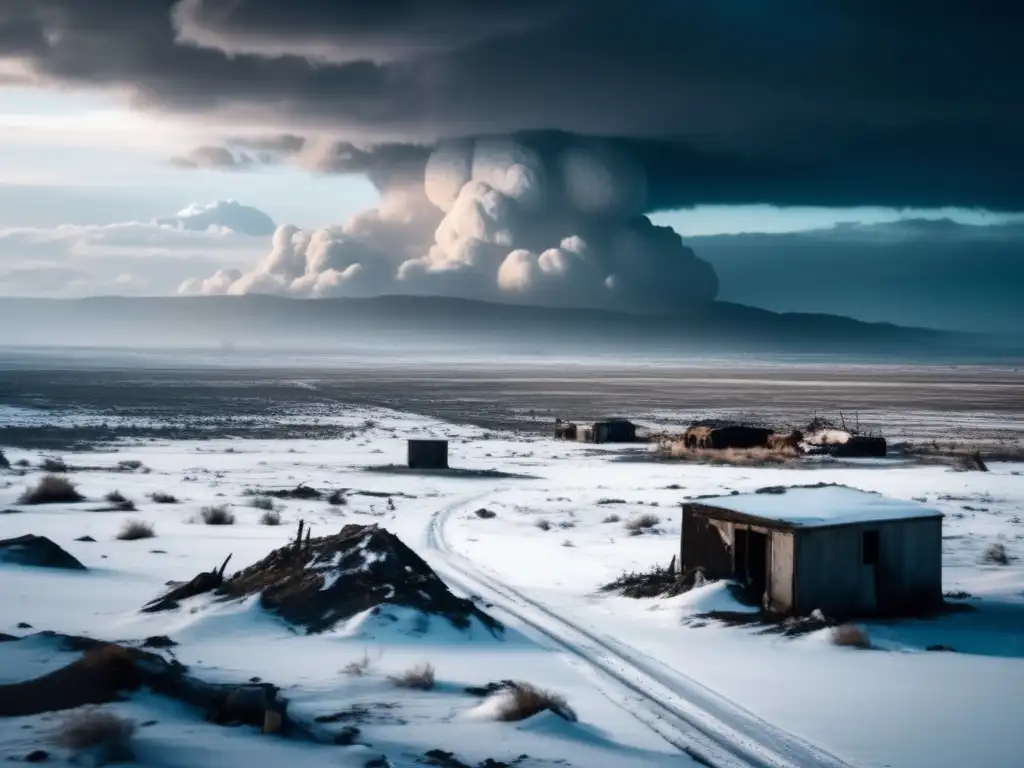
What is Impact Winter?
Impact winter is a phenomenon that occurs when an asteroid collides with the Earth, releasing a massive amount of dust and debris into the atmosphere. This debris blocks out the sun's rays and causes a sharp drop in temperature, leading to a prolonged period of cold weather known as impact winter.
How does it happen?
When an asteroid impacts the Earth, it creates a crater and ejects a large amount of rock and debris into the air. This material can reach high altitudes and stay there for months to years, blocking out the sun's rays and causing a global cooling effect. The resulting impact winter can last for years, depending on the size and location of the impact.
Examples of Impact Winters in History
The most well-known example of impact winter in history is the Chicxulub impact that occurred 66 million years ago. The impact of a 10 km asteroid caused a mass extinction event that wiped out the dinosaurs and many other species. The resulting impact winter lasted for several years and drastically altered the climate and ecosystem of the planet.
Greenhouse Gas Release
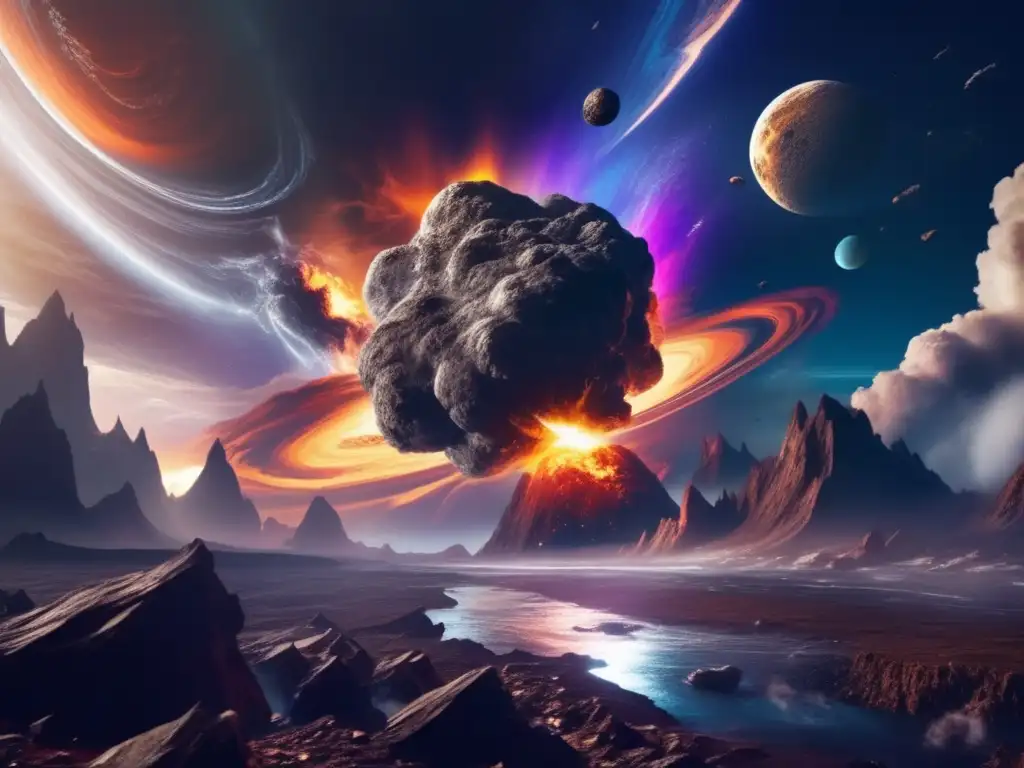
What Happens When an Asteroid Strikes?
When an asteroid strikes the Earth, it can cause significant damage to the environment, including the release of greenhouse gases. The impact can release large amounts of methane and carbon dioxide stored in the ground, leading to a sharp increase in atmospheric carbon levels.
What are the Consequences?
The release of large amounts of greenhouse gases can have significant consequences for the climate. The increased carbon levels can cause a warming effect, leading to changes in weather patterns and an increase in extreme weather events such as droughts, floods, and heatwaves.
Example of Greenhouse Gas Release in History
The Permian-Triassic mass extinction event, also known as the Great Dying, occurred 252 million years ago. It was caused by a series of volcanic eruptions that released large amounts of greenhouse gases into the atmosphere, leading to a warming effect that caused the extinction of over 90% of marine species and 70% of land species.
Ozone Depletion
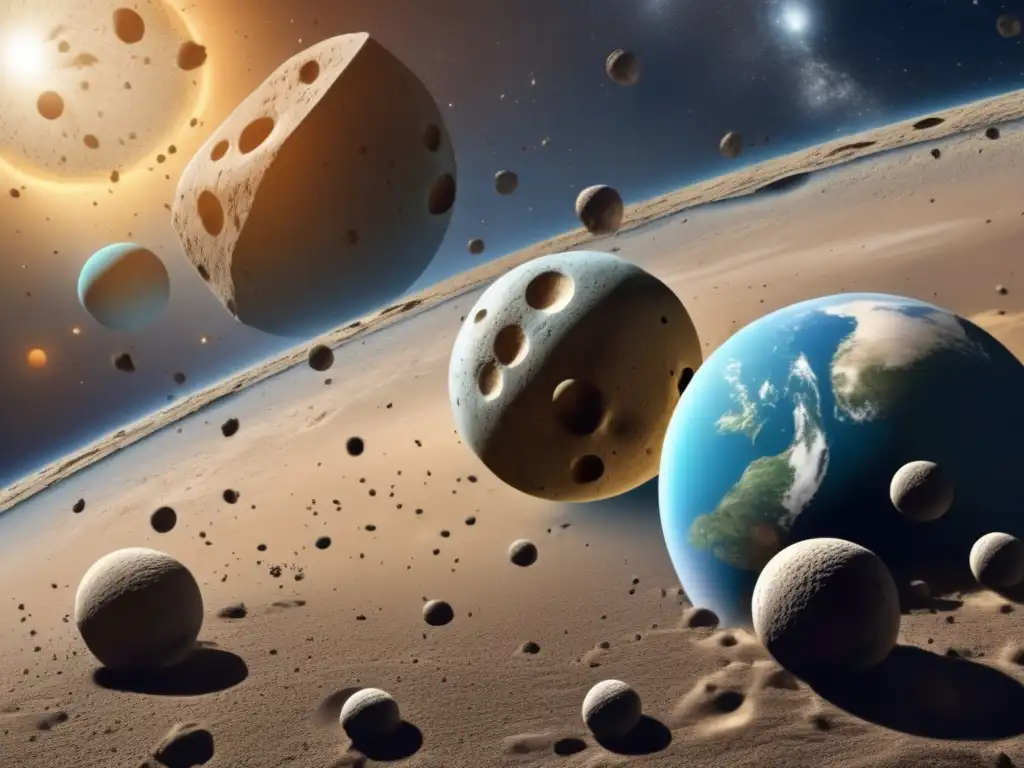
What Happens When an Asteroid Hits the Earth?
When an asteroid hits the Earth, it can cause significant damage to the ozone layer. The impact releases large amounts of nitrogen oxides and water vapor into the atmosphere, which can react with ozone and break it down.
What are the Consequences?
The depletion of the ozone layer can have significant consequences for life on Earth. The ozone layer protects us from harmful UV radiation from the sun. Without it, there would be an increase in skin cancer, cataracts, and other health problems.
Example of Ozone Depletion in History
The Tunguska event, which occurred in 1908, was the largest impact event in recorded history. The impact released large amounts of nitrogen oxides and water vapor into the atmosphere, causing a temporary depletion of the ozone layer in the region.
Frequently Asked Questions
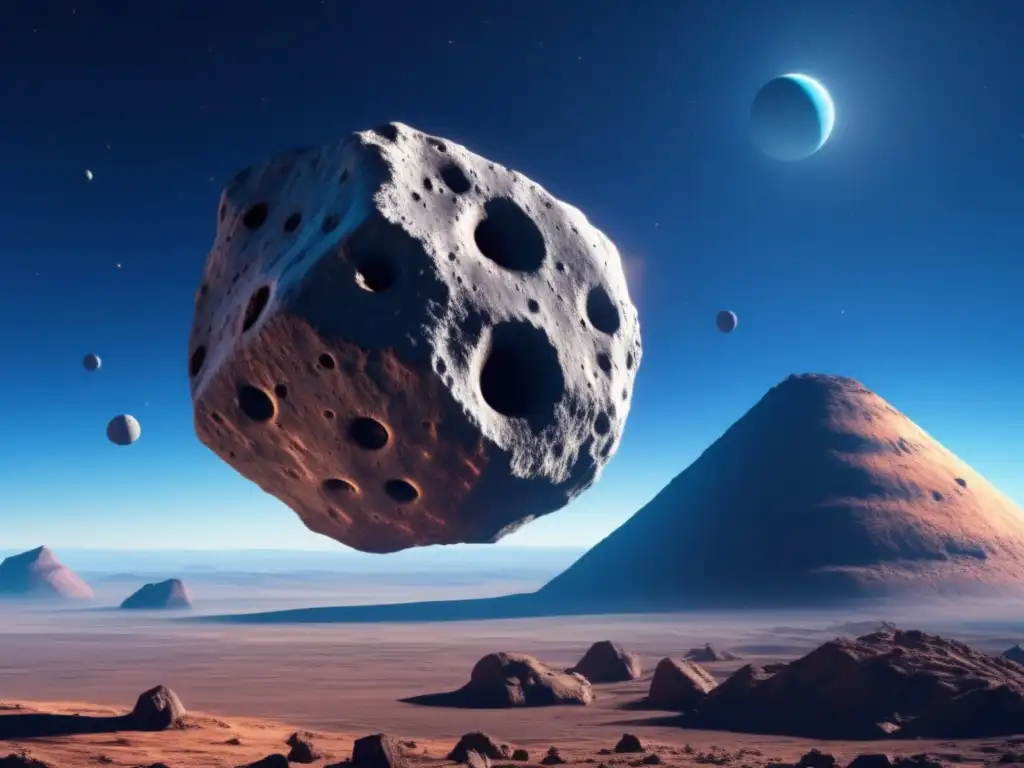
-
Can an asteroid impact cause a new ice age?
Yes, an impact winter caused by a large asteroid impact can cause a prolonged period of cold weather that can lead to a new ice age.
-
Can greenhouse gas release from an asteroid impact lead to runaway global warming?
Possibly, if enough greenhouse gases are released, it can cause a positive feedback loop that leads to a runaway greenhouse effect and a significant increase in global temperatures.
-
What can we do to prepare for an asteroid impact?
We can develop early warning systems, improve asteroid detection and tracking, and work on developing methods to deflect or destroy asteroids before they impact the Earth.
-
What is the likelihood of an asteroid impact in our lifetime?
The chance of a significant impact occurring in our lifetime is relatively low, but it is not zero.
-
Can we stop an asteroid impact?
Yes, we have the technology to deflect or destroy asteroids before they impact the Earth, but we need to invest in early detection and intervention methods.
Conclusion
The impact of an asteroid can have devastating consequences on the environment and climate. Impact winters, greenhouse gas release, and ozone depletion are just some of the ways that asteroids can affect climate. While the chances of a major impact happening in our lifetime are relatively low, it is essential to develop early warning systems and intervention methods to protect our planet.
Thank you for reading this article on Asteroid Realm. Please share your thoughts and comments below, and don't forget to subscribe to our newsletter for more exciting updates on asteroid science and exploration.
Additional Resources
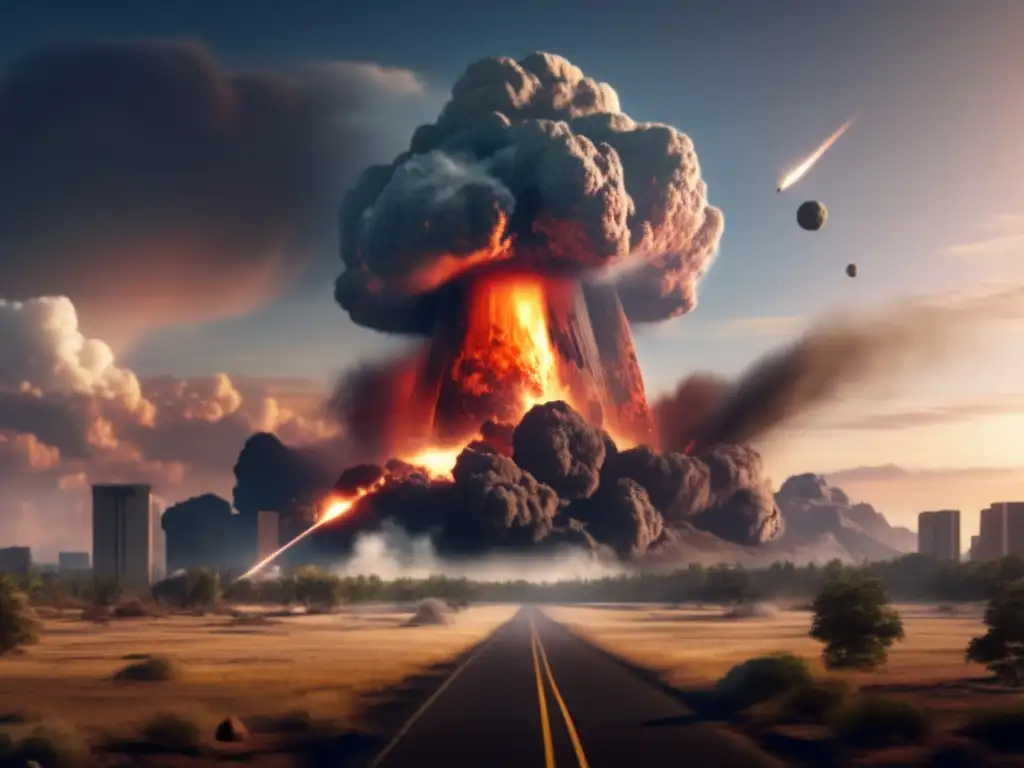
 How Asteroid Impacts Influence Terrestrial Life
How Asteroid Impacts Influence Terrestrial Life Case Study: The Impact That Killed The Dinosaurs
Case Study: The Impact That Killed The Dinosaurs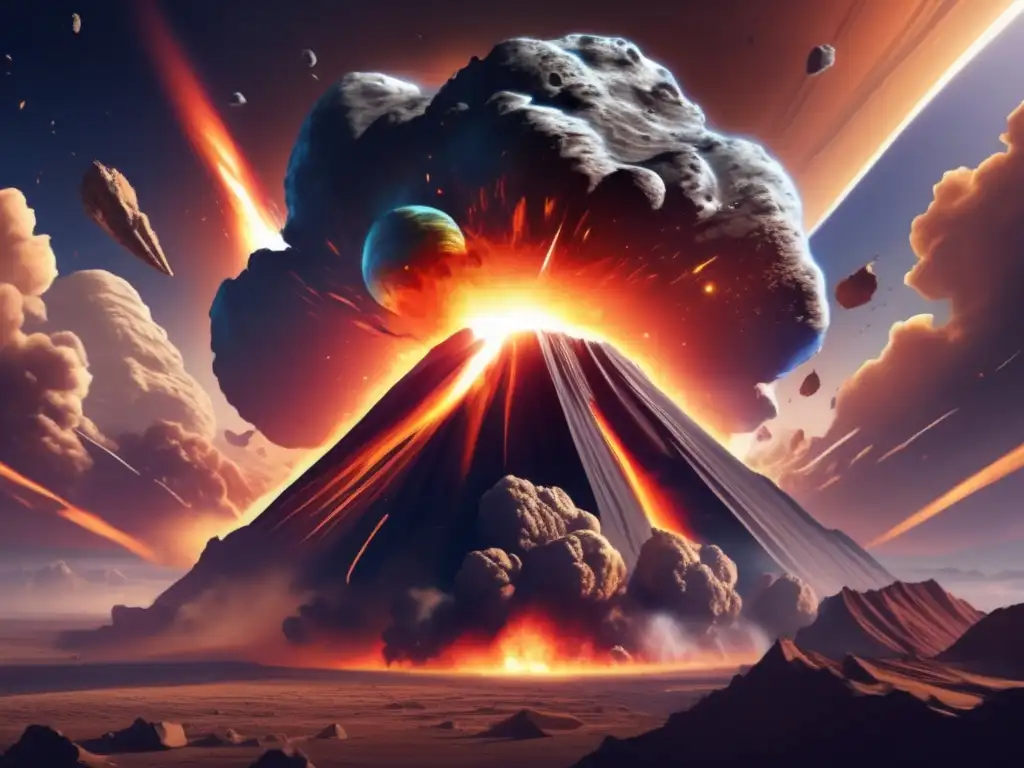 Asteroid Strikes: A Catalyst For Extinction Events?
Asteroid Strikes: A Catalyst For Extinction Events?If you want to discover more articles similar to Devastating Consequences: How Asteroids Can Affect Climate, you can visit the Asteroid Impacts category.
Leave a Reply

Articulos relacionados: